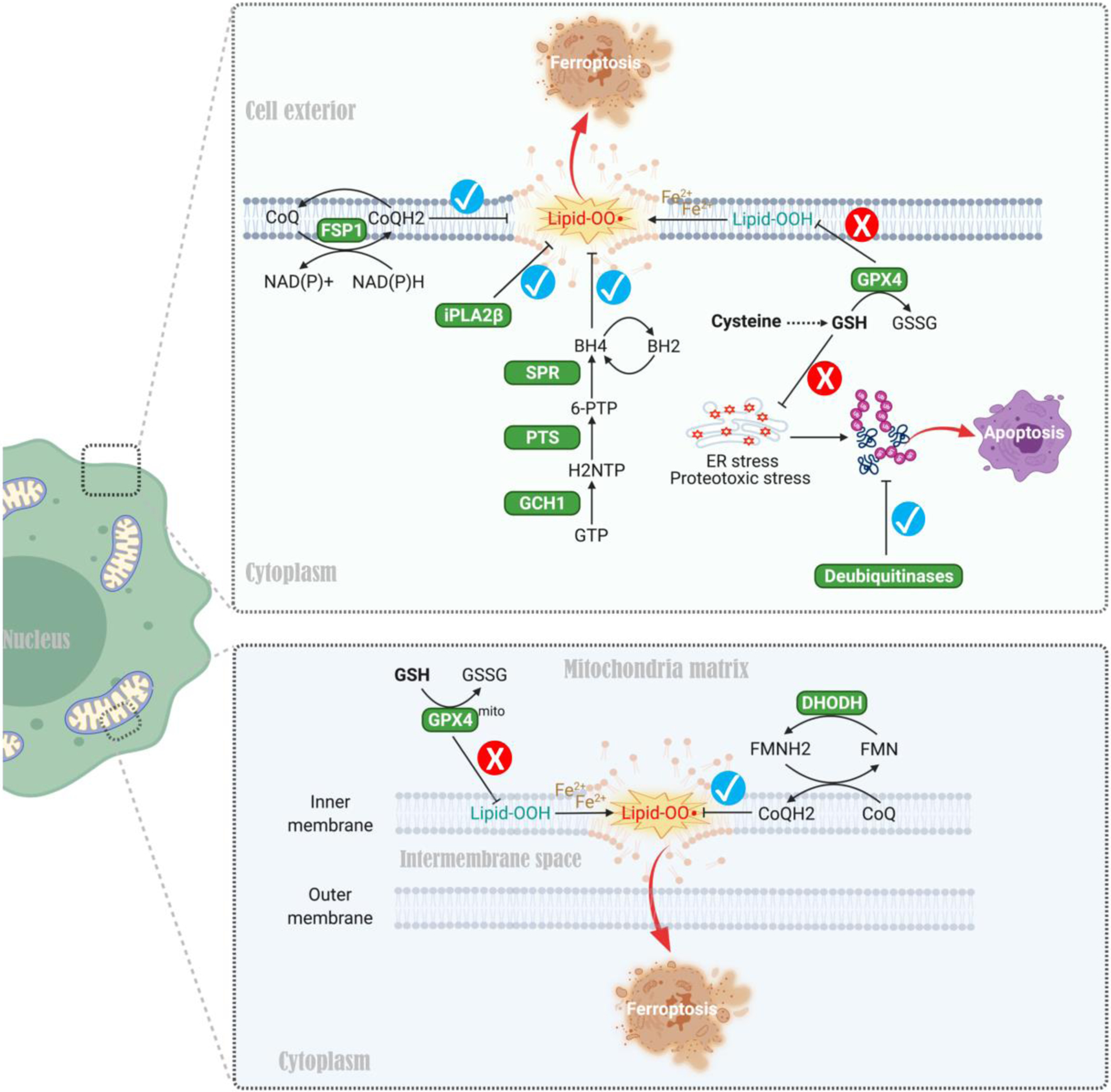Figure 4. Alternative cytoprotective mechanisms exploited by cancer cells when cyst(e)ine-mediated GSH antioxidant system is compromised.

First, apoptosis-inducing factor mitochondria-associated 2 (AIFM2/FSP1) and dihydroorotate dehydrogenase (DHODH) promote reduction of ubiquinone to ubiquinol (two forms of CoQ10) in the cytosol and mitochondria respectively, thereby mitigating lipid peroxidation and ferroptosis when the GSH-GPX4 system is inhibited. Second, radical-trapping antioxidant BH4 (tetrahydrobiopterin) protects lipid membranes from autoxidation, and enzymes promoting BH4 production such as GCH1, PTS, and SPR are exploited by cancer cells for survival when the cytoprotective GSH-GPX4 axis is blocked. Third, phospholipase A2 group VI (iPLA2β) promotes the hydrolysis of peroxidized phospholipids, thereby preventing ferroptosis when the GSH/GPX4 system is disabled. Finally, deubiquitinating enzymes (DUBs) mitigate GSH depletion-induced buildup of ubiquitinated proteins that cause proteotoxic stress and ER stress, thereby increasing tolerance to GSH depletion in various cancers. These mechanisms may facilitate cancer cells bypassing the TSS pathway to withstand cystine starvation or diminished GSH production. Abbreviations: FSP1, ferroptosis suppressor protein 1; DHODH, dihydroorotate dehydrogenase; CoQ, coenzyme Q; GPX4, Glutathione peroxidase 4; FMN, flavin mononucleotide; FMNH2, 1,5-dihydro flavin mononucleotide (reduced form); GCH1, GTP cyclohydrolase I; PTS, 6-pyruvoyltetrahydropterin synthase; SPR, sepiapterin reductase; iPLA2β, phospholipase A2 group VI; BH4, tetrahydrobiopterin; BH2, oxidized tetrahydrobiopterin; NH2TP, 7,8-dihydroneopterin triphosphate; 6-PTP, 6-pyruvoyltetrahydropterin.
